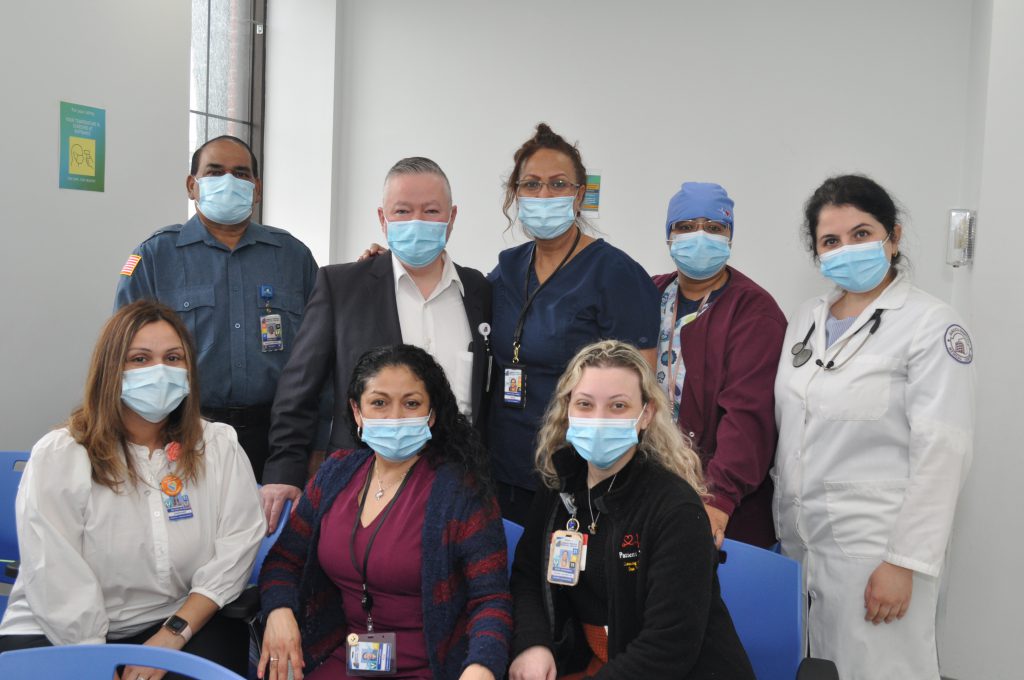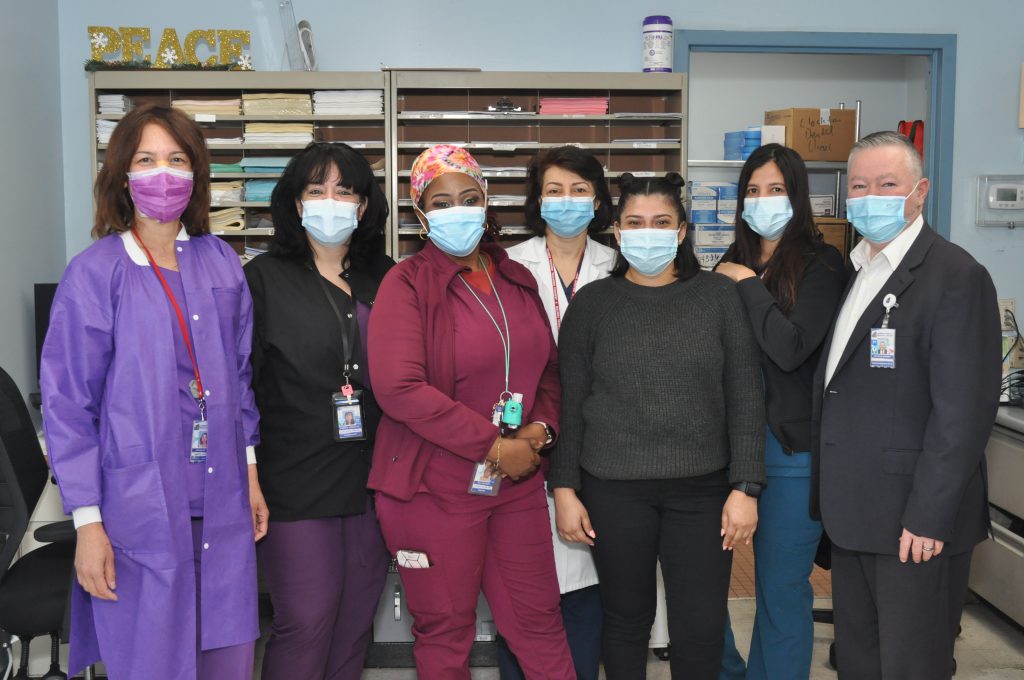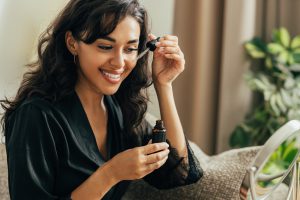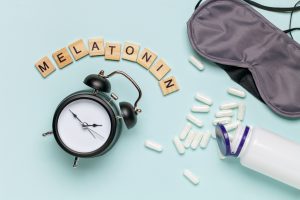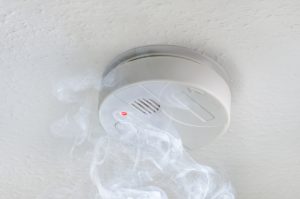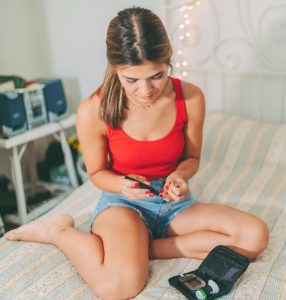This month we are proud to shine our spotlight on the MediSys Family Care Center located at 91-20 Atlantic Avenue in Ozone Park.
This building has a long history in the community as it once was a part of the Lalance and Grosjean manufacturing complex. It has been known for over a century as “The Clocktower” owing to its distinctive clock which is situated at the highest point of the building. Originally this factory manufactured stamped iron and tin housewares and employed as many as 2100 people, many of whom lived in the community. Prior to its closing in 1955, the factory produced stainless steel for the U.S. Navy during World War II. The factory closed in 1955 and it became a bank for many years. In 1996 this building opened as MediSys Clocktower.
 MediSys Clocktower is located in a three story building featuring 22 modern exam and treatment rooms. It is staffed by 50 people and annually they see over 30,00 patient visits. The services offered at the center include: pediatrics, family medicine, integrative medicine, OB/GYN, dental, radiology, pediatric endocrinology, pediatric gastroenterology, pulmonary medicine, allergy, breast surgery, and podiatry. The hours of operation are Monday – Thursday 7:00 AM – 7:00 PM, Friday 7:00 AM – 5:00 PM and Saturday 9:00 AM – 5:00 PM. The Q 24 bus stops right in front of the building.
MediSys Clocktower is located in a three story building featuring 22 modern exam and treatment rooms. It is staffed by 50 people and annually they see over 30,00 patient visits. The services offered at the center include: pediatrics, family medicine, integrative medicine, OB/GYN, dental, radiology, pediatric endocrinology, pediatric gastroenterology, pulmonary medicine, allergy, breast surgery, and podiatry. The hours of operation are Monday – Thursday 7:00 AM – 7:00 PM, Friday 7:00 AM – 5:00 PM and Saturday 9:00 AM – 5:00 PM. The Q 24 bus stops right in front of the building.
A few staff members shared with us their thoughts on why they enjoy working at this site. Stephanie Flaherty a nurse practitioner has been working at this site for over 20 years. She states that “ working at the Clocktower gives her a great sense of pride because she feels she is making a difference in her patients’ lives. The staff all work together as a team to make the patients have a pleasant experience”. Martha Leonardo is an ambulatory care representative who tells us that “there is a great deal of satisfaction making sure that the patients are treated well and there is a sense of family amongst the staff that work here”. Geovanny Sang is a dental hygienist who has worked for the MediSys Health Network for over 23 years, and at the Clocktower for over two years. She tells us that one of the most important roles she has is “educating the patients about proper dental care. Many patients come from very diverse places in the world and she enjoys spending time with them. The staff works well together as a team”. Dr. Naira Isakharov is a pediatrician who has worked at the Clocktower for almost five years. She tells us that “the continuity of patient care is very important and educating patients and their families on proper health habits is a major component of how she cares for them”.
Network for over 23 years, and at the Clocktower for over two years. She tells us that one of the most important roles she has is “educating the patients about proper dental care. Many patients come from very diverse places in the world and she enjoys spending time with them. The staff works well together as a team”. Dr. Naira Isakharov is a pediatrician who has worked at the Clocktower for almost five years. She tells us that “the continuity of patient care is very important and educating patients and their families on proper health habits is a major component of how she cares for them”.
If you would like to schedule an appointment with one of the providers at this office, please call 718-641-8207.
All content of this newsletter is intended for general information purposes only and is not intended or implied to be a substitute for professional medical advice, diagnosis or treatment. Please consult a medical professional before adopting any of the suggestions on this page. You must never disregard professional medical advice or delay seeking medical treatment based upon any content of this newsletter. PROMPTLY CONSULT YOUR PHYSICIAN OR CALL 911 IF YOU BELIEVE YOU HAVE A MEDICAL EMERGENCY.

